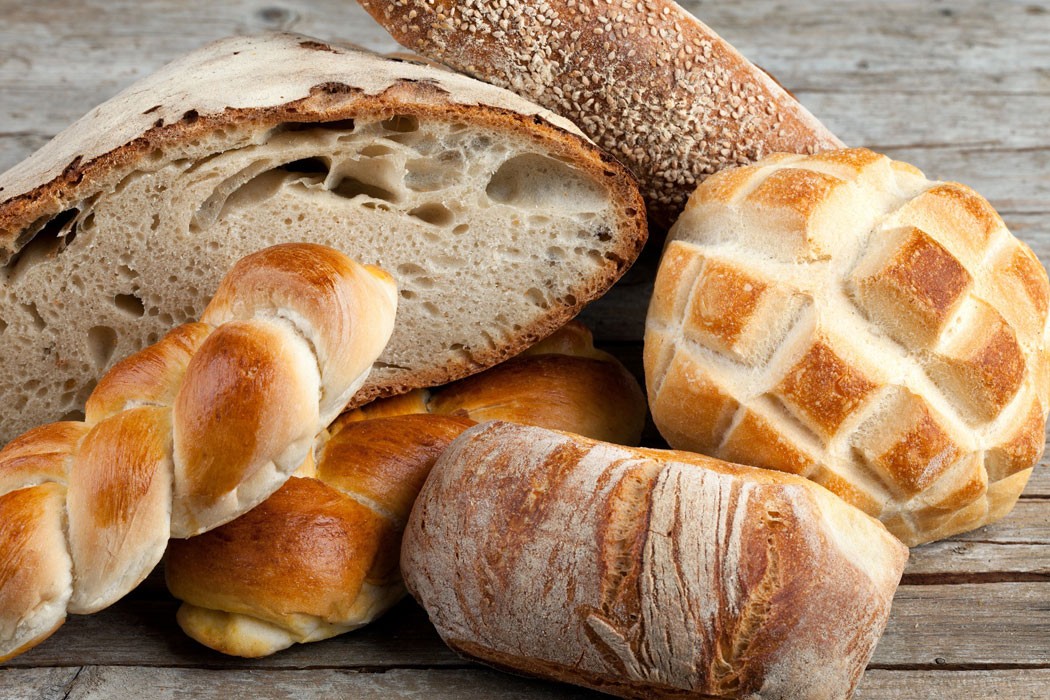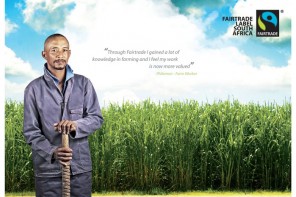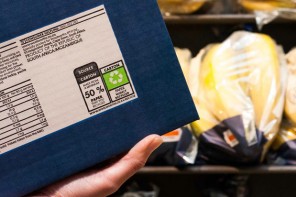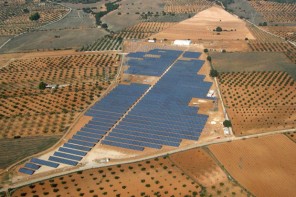If you love the smell of bread and how it makes your mouth water with its delicious fluffy goodness, you’re not going to like the idea that in the near future your bread could be less appealing with fewer nutrients. The reason? Rising CO2 levels.
How CO2 Affects Bread
When CO2 levels increase in the atmosphere, this has a negative effect on wheat crops. Interestingly, they produce less gluten, a protein that gives bread its doughy, stringy consistency. Although this might be good news for people suffering from gluten intolerance, it will have a negative impact on the bread’s nutrition.
A study carried out by Australian researchers found that by the year 2050, CO2 levels are going to be so high that not only will they cause dough to rise less but they will also cause crops to absorb less of the nitrogen they require from the ground, which means not only less gluten but also less protein in bread.
How the researchers at the Victorian government and Melbourne University discovered this was by baking bread in a lab and adjusting the amount of carbon dioxide in the loaves according to what this level will be like by the year 2050. When the bread was done, they opened the oven to a disappointing sight – smaller, shrivelled loaves. The senior researcher for the state government of Victoria, Dr Glenn Fitzgerald, stated that the quantity of protein found in grain is predicted to decrease by up to 14 percent due to increased carbon dioxide levels.
Going Against the Grain
All is not lost – yet. To combat this future problem the researchers are trying to discover if it would be viable to produce different wheat varieties to see if some do not undergo a decrease in their protein. The good thing is that they do have decades at their disposal in which to experiment on dealing with this problem, which is especially good news if you consider that it can take up to 15 years to work new traits into grain varieties. Carbon dioxide is not all bad, though. It can actually increase the amount of crops by about 25 percent, which means that finding the right grain could lead to many happy breaking bread moments.
Image credit: eZeePics Studio / Dollar Photo Club









